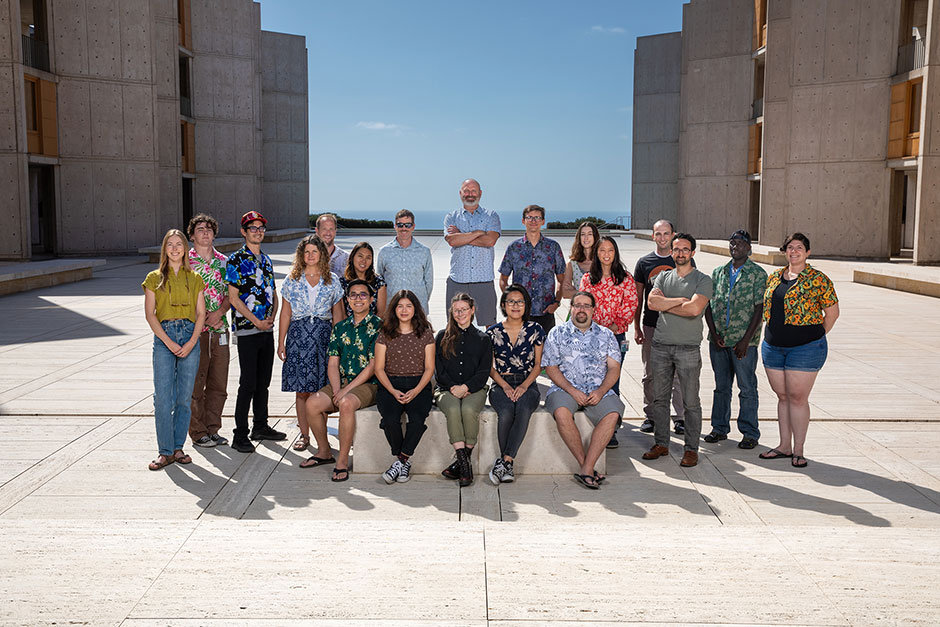
Welcome
Welcome to the Michael Lab
The Michael Lab focuses on sequencing, assembling, and analyzing plant genomes. A broad objective is to build genome resources for plants with unique morphological or lifestyle characteristics (carnivorous, parasitic), minimal genomes (duckweed), different types of photosynthesis (C3, C4 and CAM), unique water use efficiency (WUE) strategies and crop wild relatives (CWR), to better understand plant genome organization and trait architecture.
Currently, we are working on several different strategies to generate chromosome-level haplotype-resolved polyploid genomes. In addition, we are developing new techniques to annotate (coding and non-coding) non-model plant genomes using single-cell sequencing, direct DNA modification detection, and computational approaches. We are developing reference-free pan-genome methods for integration into genome wide selection studies (GWAS) and genomic selection paradigms to link population level phenotypes to gene networks underlying environmental response and growth traits.
The long-term goal of the lab is to leverage learnings from these genomes to design plants using both top-down and bottom-up engineering approaches. The top-down approach entails using genome editing tools such as CRISPR-CAS9 to minimize and add in features to existing genomes. In contrast, the bottom-up approach entails building novel chromosomes in plant synthetic biology chassis. The Michael Lab is bringing together molecular biology and computational biology approaches to solve the food, fiber and fuel problems of the future.